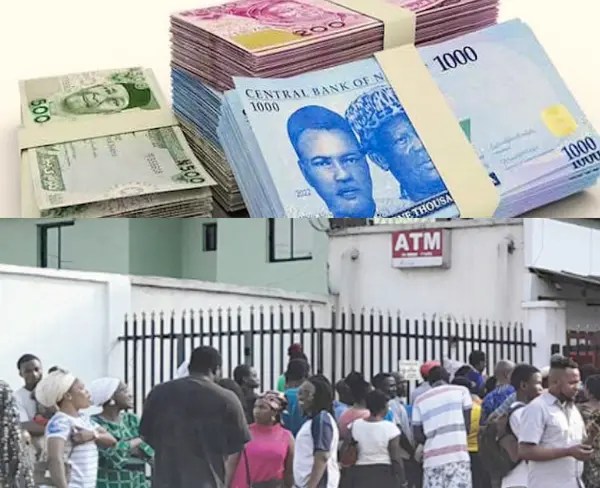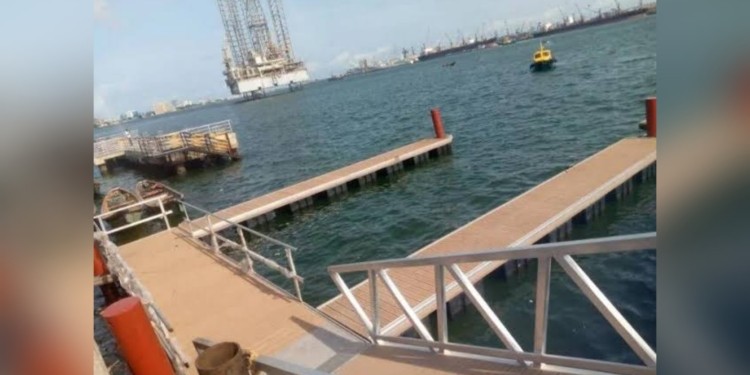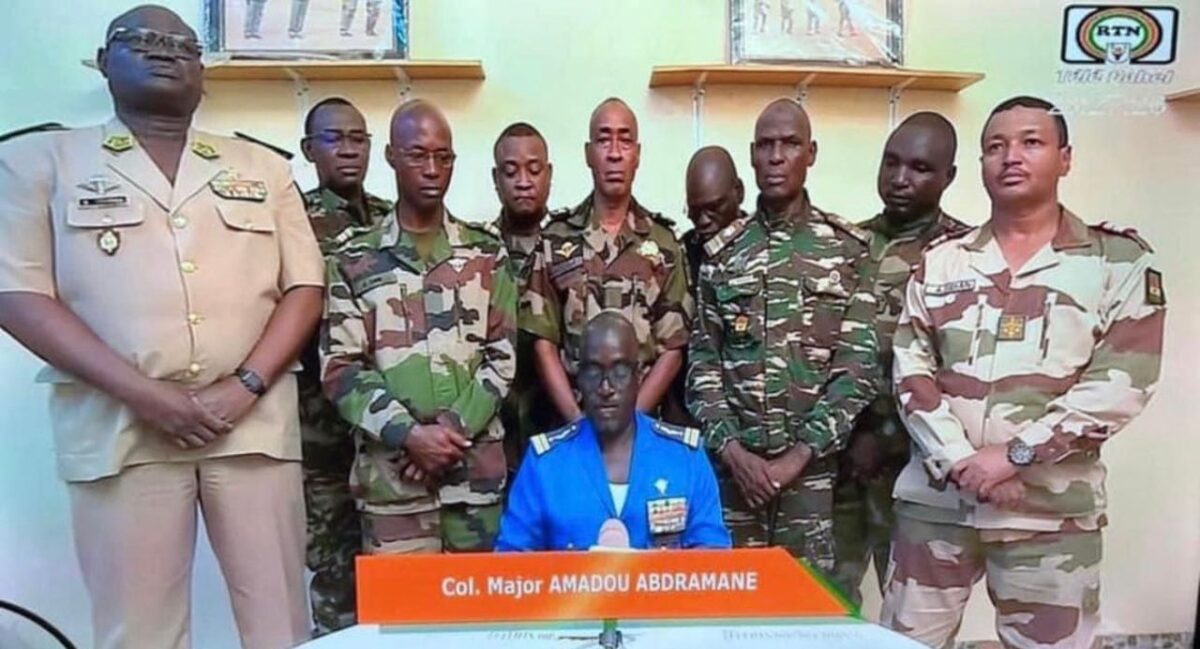Naira Scarcity : Cash Crisis Hits GTB, Access, UBA, Zenith, other Banks
Following the Naira Scarcity News Today, GoldenNewsNg gathered that Nigerian banks are currently facing cash crisis as they have rapidly increased borrowing from the Central Bank of Nigeria (CBN)
Nigerian banks are grappling with a severe cash crisis, resorting to borrowing approximately N755.65 billion from the Central Bank of Nigeria (CBN) to maintain liquidity. The surge in borrowing comes amidst a backdrop of liquidity challenges and inflation concerns, with signs pointing towards stress in the banking sector.”
In response to a mounting cash crisis, Nigerian banks have significantly escalated their reliance on the Central Bank of Nigeria (CBN) for funding. The banks have collectively borrowed an estimated N755.65 billion from the CBN as a means to bolster their cash liquidity. This upsurge in borrowing follows a period of economic turmoil and inflationary pressures that have strained the financial landscape.
The CBN had previously grappled with excess liquidity, taking measures to counteract the inflationary repercussions of such an abundance of funds. Now, indications suggest that the banking sector is confronting a liquidity squeeze, compelling banks to turn to the CBN as a vital source of cash infusion.
While a handful of major banks have managed to maintain a certain level of liquidity, reports are revealing that the broader money market is already feeling the strain of reduced cash availability. This scarcity is negatively impacting transactions involving treasury instruments, leading to widespread repercussions.
The statistics underscore the seriousness of the situation. Borrowing from the CBN by Nigerian banks has surged by a staggering 107% month-on-month, culminating in a total of N755.64 billion borrowed in July alone. The apex bank offers banks two short-term lending avenues: the Standing Lending Facility (SLF) and the Repurchase arrangement.
According to Vanguard’s reporting, the SLF mechanism involves the CBN extending loans to commercial banks at interest rates set 100 basis points above the Monetary Policy Rate (MPR). Alternatively, the Repurchase arrangement enables banks to access funds by pledging or selling their financial assets to the CBN, with a commitment to repurchase them at a later date and at an elevated price.
On the flip side, the CBN facilitates deposits from banks through its Standing Deposit Facility (SDF), with interest payments pegged at 300 basis points below the Monetary Policy Rate.







